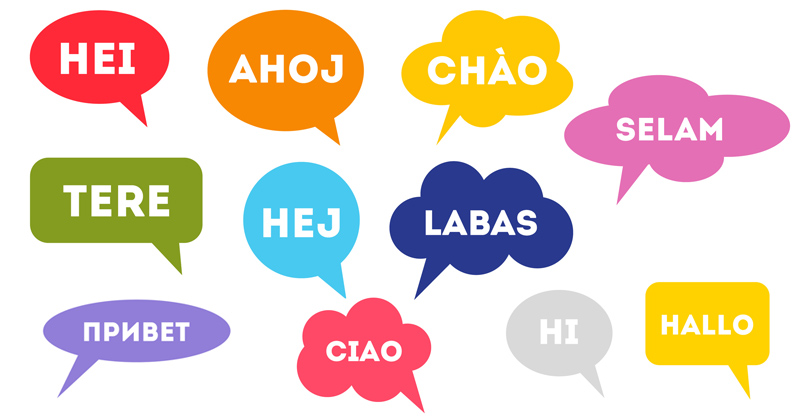BY: Oscar Carrion
In philosophy, logic is described as the critical analysis and intellectual reflection of thoughts. It attempts to explain what goes on behind someone’s reasoning and whether or not they use the principles and criteria to create an argument or thought. It is described as the truth behind a claim, and the study of where that truth came from. Language is not an ideal system that we seek to conform to. It is something that as a society, we have collectively created and changed each time we speak it. In language, much logic is needed to understand what is being said. To use logic in language means that one uses previous knowledge and critical thinking skills to try to understand what is being said. It is important to understand that language is a natural phenomenon, that has either been created and adapted by humans. Our goal as humans is to understand how it works and why it works the way it does. To fully understand it, one must use logic for it. To do so, one must use the empirical tools of science which focus on the how people use the language and the way they should use it.

The grouping of words into a sentence, the muttering of something, and the different perceptions of the words, are all factors that one must really take into consideration when analyzing the language that is being heard. But, why should we care so much about the logic behind language? The answer is simple: without it, there would be no true understanding and proper conception of what is being said. If we do not understand what is being said, communication problems may occur. If problems communicating arise, our performance in social systems and the relationships we have created with others will be affected.

https://motivatedgrammar.wordpress.com/2010/03/24/guest-post-the-kind-of-logic-in-language/
http://www.oxfordscholarship.com/view/10.1093/acprof:oso/9780199559480.001.0001/acprof-9780199559480